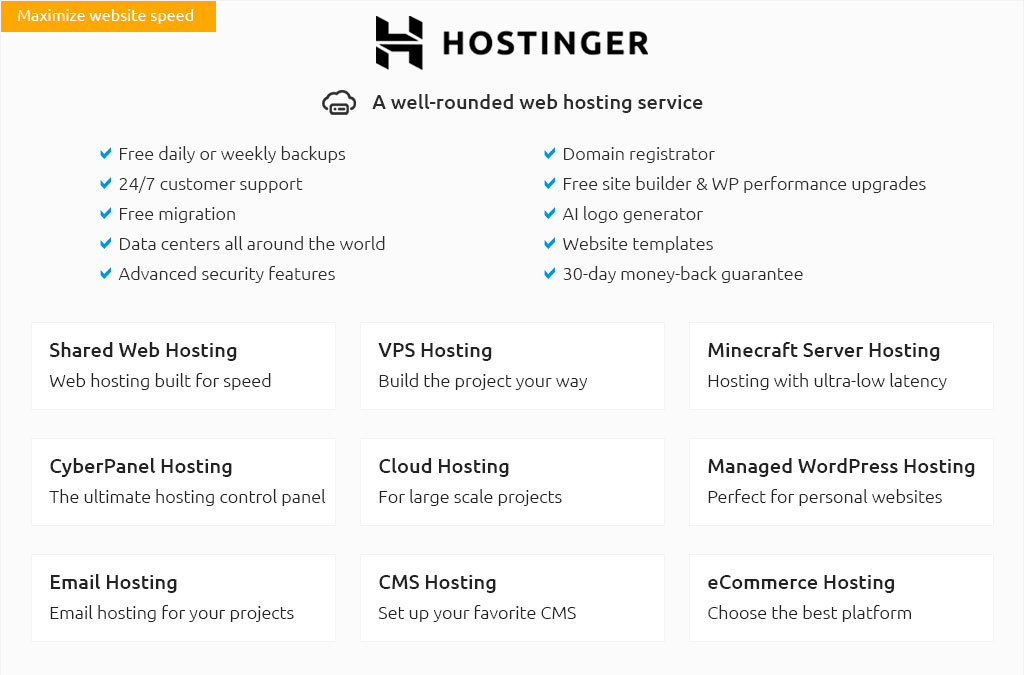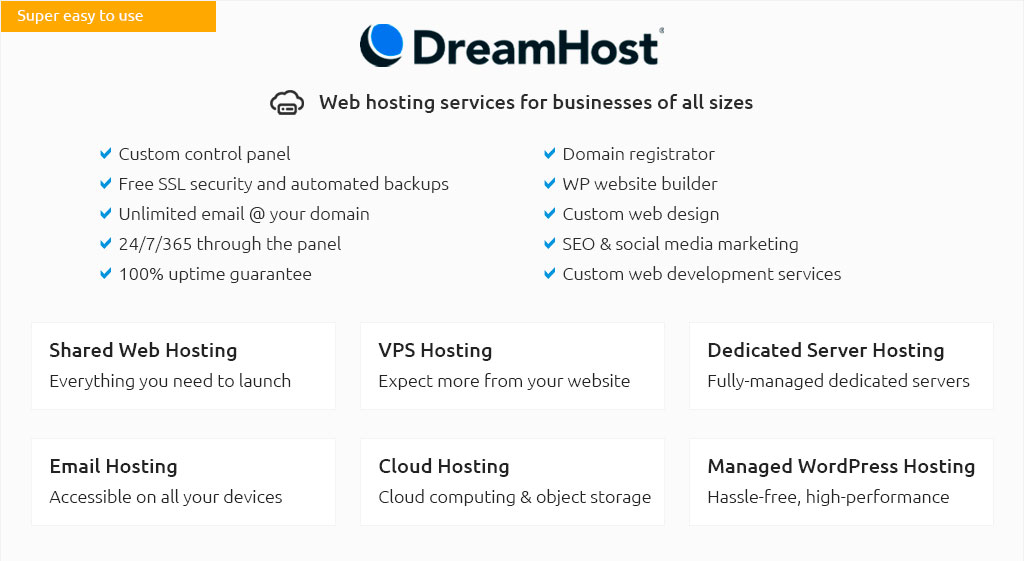 |
|||
 |
 |
 |
|
 |
|
 |
 |
 |
|||
 |
|||
 |
|||
 |
|||
 |
|||
 |
|||
 |
 |
Understanding Webpage Hosts: A Comprehensive GuideIn today's digital age, the term webpage host is thrown around frequently, yet its significance often remains underappreciated. A webpage host is essentially the backbone of any online presence, providing the necessary infrastructure for websites to be accessible on the internet. With a myriad of options available, ranging from shared hosting to dedicated servers, the choice of host can significantly impact the performance, security, and reliability of a website. As the demand for faster and more secure web experiences grows, so does the importance of selecting the right hosting solution. Shared Hosting: Shared hosting is akin to renting an apartment where multiple websites reside on a single server, sharing resources such as bandwidth and storage. While cost-effective, this option might not suit websites anticipating high traffic volumes due to potential slowdowns during peak usage times. However, for small businesses or personal blogs, shared hosting can offer an economical entry point into the online world. Dedicated Hosting: In contrast, dedicated hosting provides an entire server for a single website, ensuring optimal performance and customization capabilities. This is particularly beneficial for large enterprises or e-commerce platforms that require robust security measures and have high traffic demands. The added control and reliability come at a higher price, but the investment often proves worthwhile for those prioritizing performance and user experience. VPS Hosting: Somewhere in between lies Virtual Private Server (VPS) hosting, which offers a balanced blend of the two aforementioned types. By partitioning a server into virtual compartments, VPS hosting grants websites a dedicated portion of server resources, leading to improved performance and flexibility over shared hosting. It's an ideal choice for growing businesses that have outgrown shared hosting but are not yet ready for the leap to dedicated servers.
In conclusion, the choice of a webpage host is not a decision to be taken lightly. It requires careful consideration of the specific needs and goals of a website, weighing factors such as cost, scalability, and support. As technology continues to evolve, so too will the landscape of web hosting, making it imperative for businesses and individuals alike to stay informed and make judicious decisions. The right host can not only enhance a website's functionality but also elevate its presence in an increasingly competitive digital arena. https://www.wix.com/free/web-hosting
The Wix website builder offers a complete solution from enterprise-grade infrastructure and business ... https://www.liquidweb.com/
Boost your online presence with premium web hosting and servers. Lightning-fast VPS speeds for enhanced performance. Powerful dedicated hosting for maximum ... https://www.bluehost.com/
The only WordPress platform you'll ever need. Find unique domains, web hosting, and WordPress tools, all in one place. Empower your business or digital agency ...
|